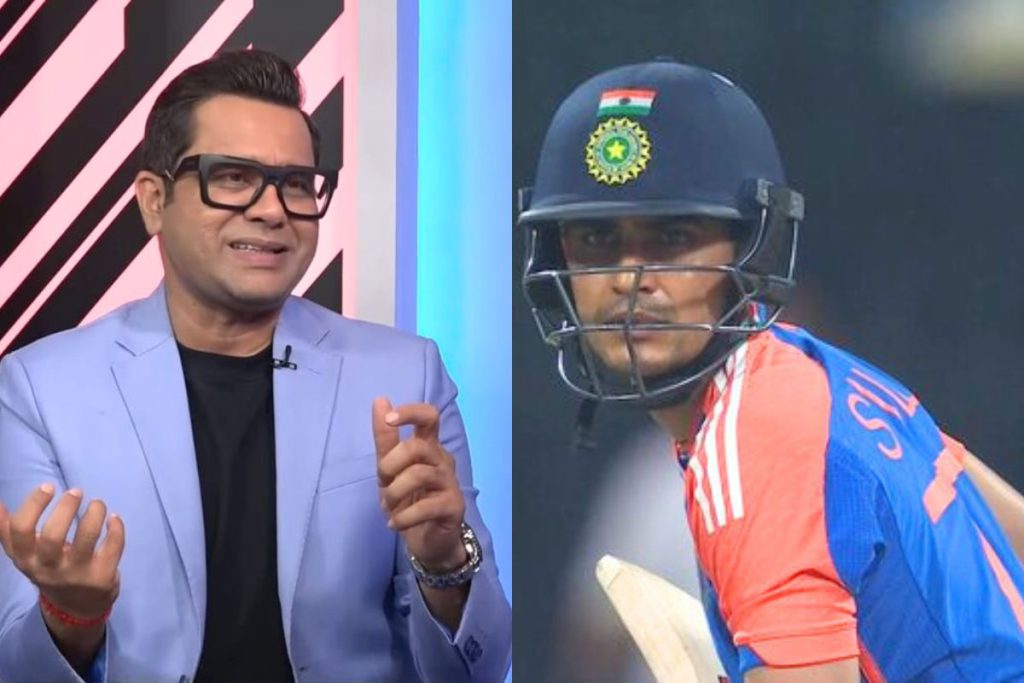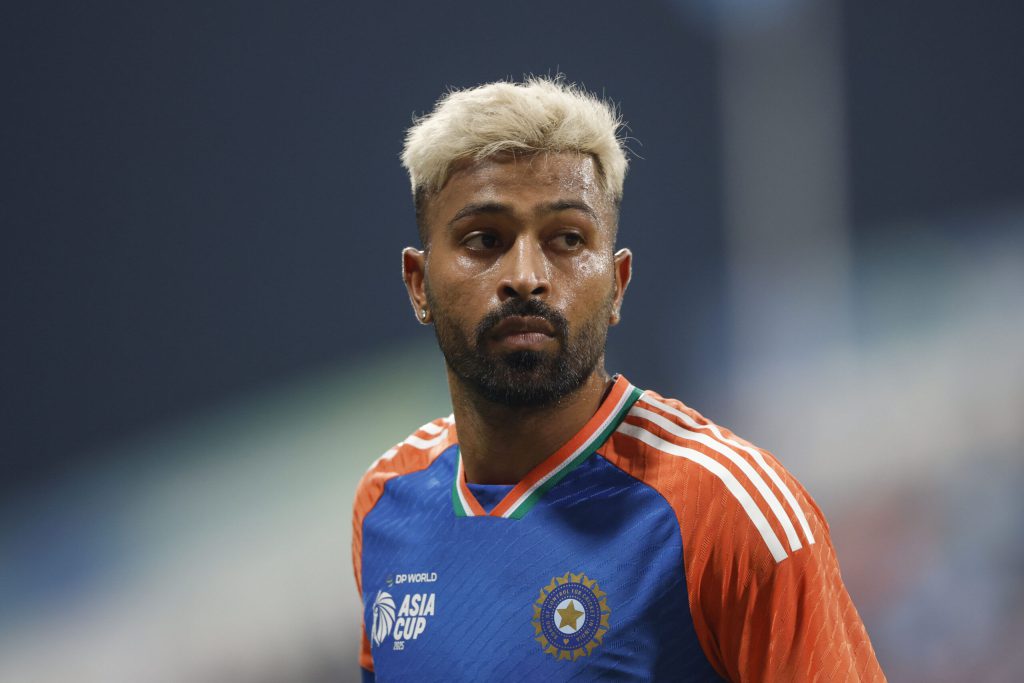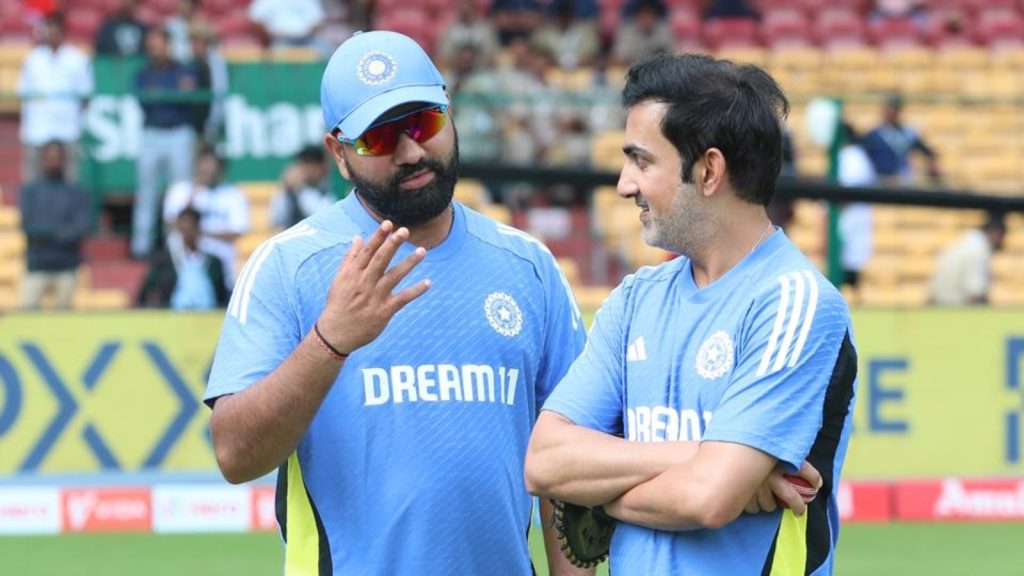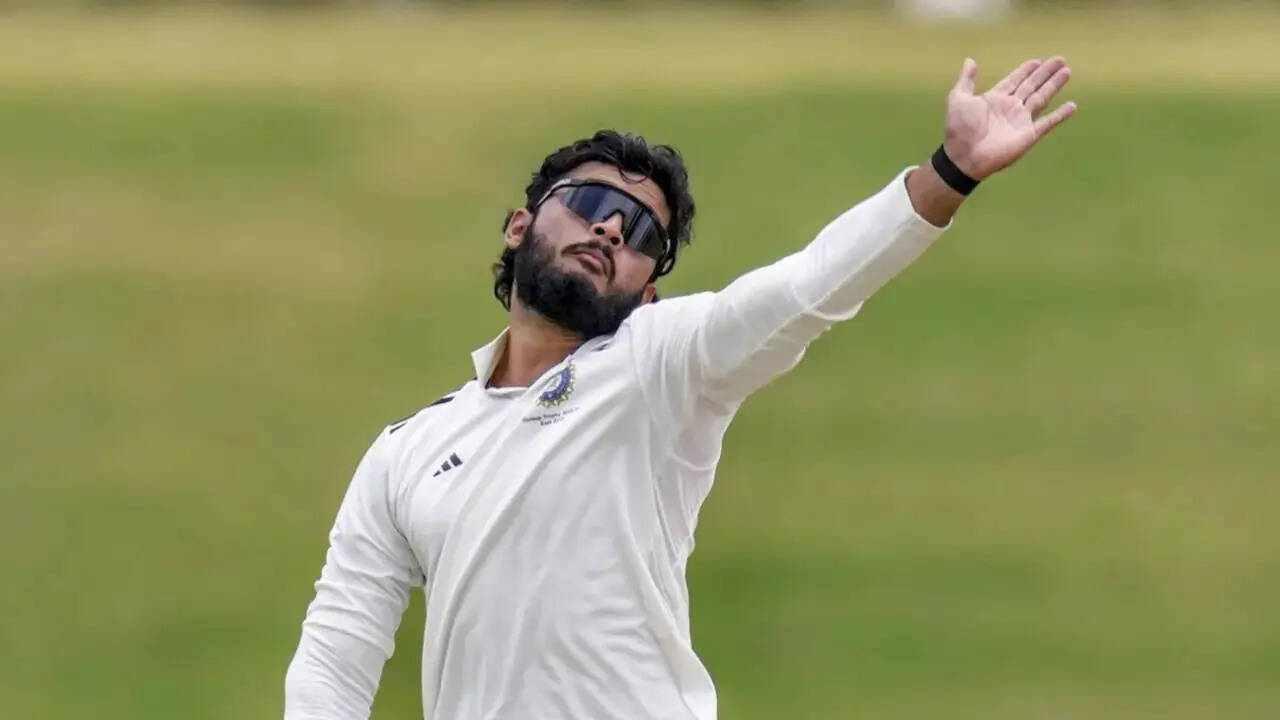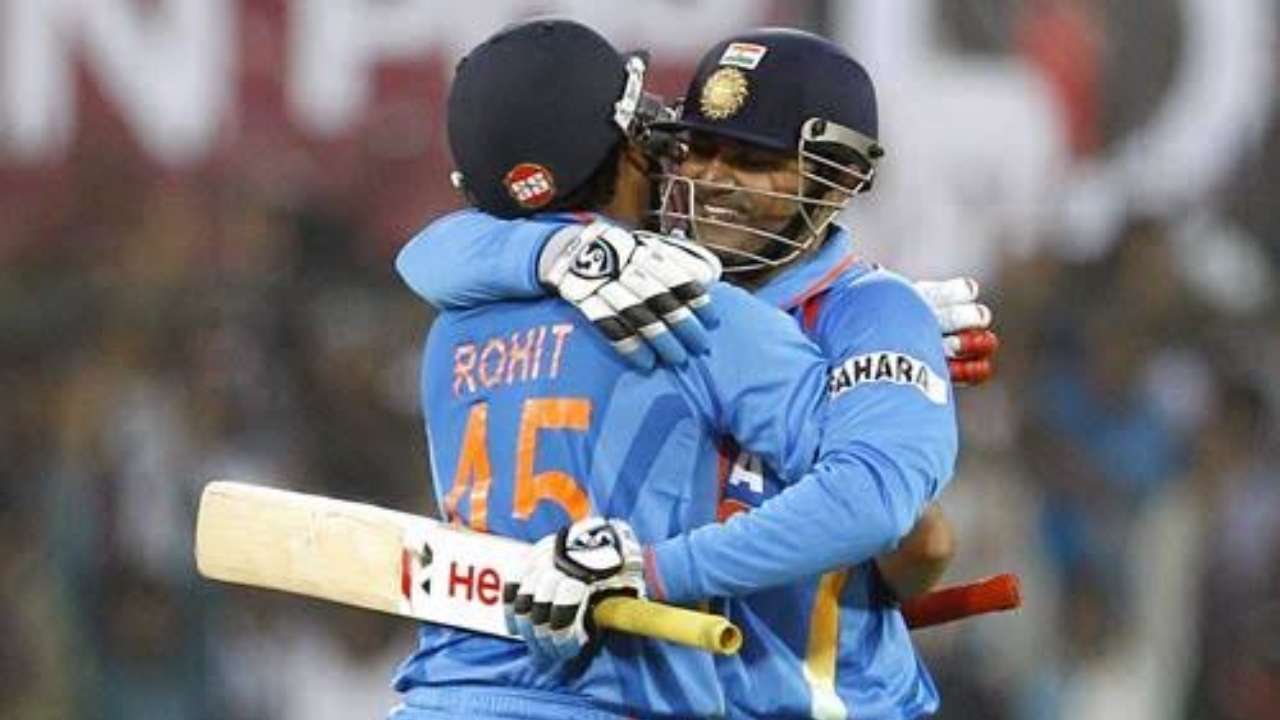Now Reading: Former Cricketer Questions ODI Series Relevance Ahead of World Cup
-
01
Former Cricketer Questions ODI Series Relevance Ahead of World Cup
Former Cricketer Questions ODI Series Relevance Ahead of World Cup
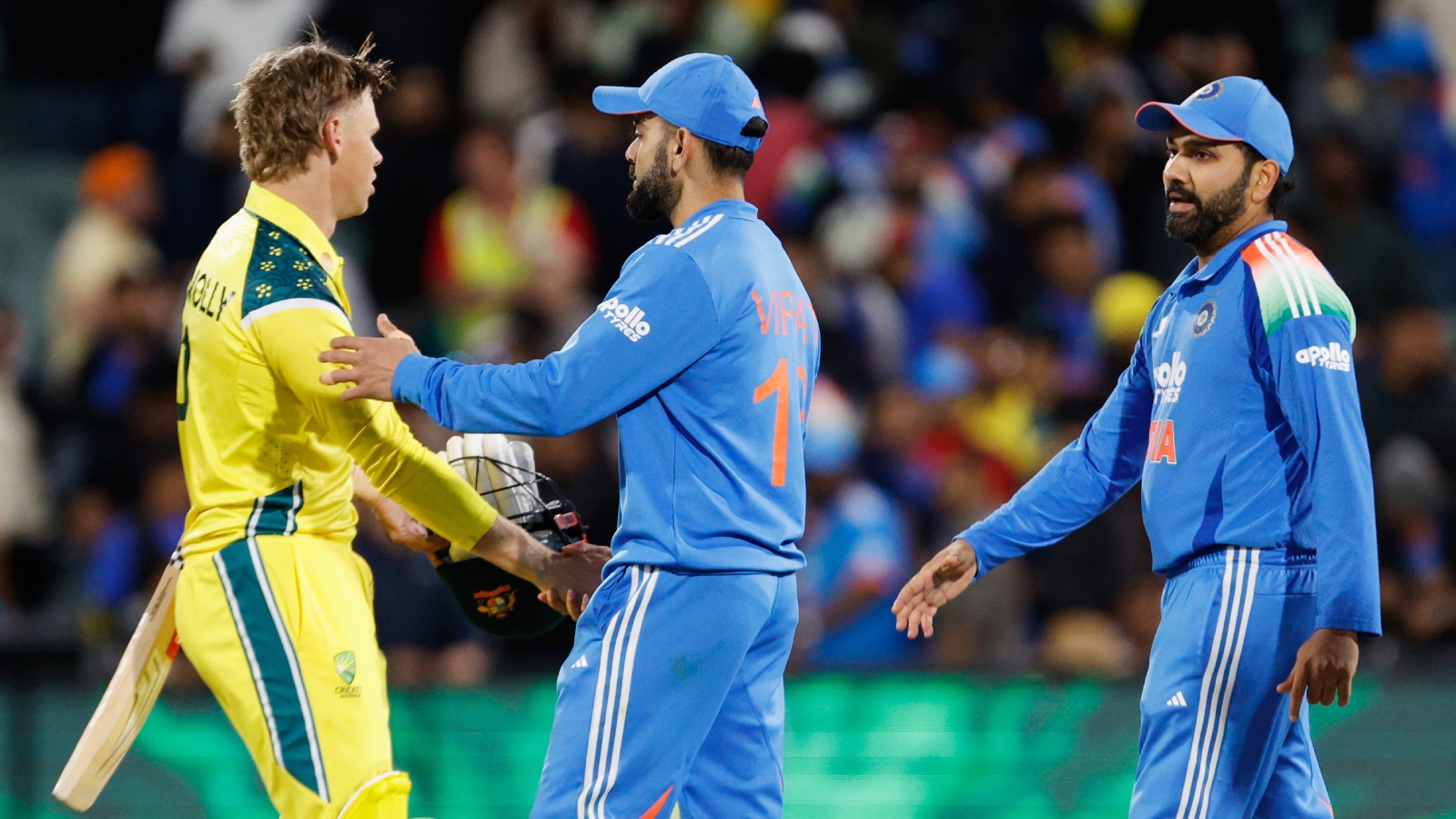
As the cricketing world gears up for the next ODI World Cup, former India cricketer Aakash Chopra has sparked a debate on the significance of bilateral ODI series. Following India’s recent 1–2 defeat to Australia, Chopra voiced his concerns on social media, questioning the value of upcoming series in the context of preparation rather than solid competition.
Chopra’s Perspective
Chopra remarked, “Bilateral white-ball series is so bereft of context these days that series results don’t matter as much anymore. It’s more about individual performances.” His commentary highlights a growing sentiment among fans and players that the current ODI format lacks the intensity and rivalry that characterized previous years.
Upcoming Challenges for Team India
India’s packed schedule includes consecutive ODI series against South Africa and New Zealand, which Chopra argues primarily function as practice sessions for larger ICC events. The former cricketer suggests that cricket boards should consider more inclusive formats, such as tri-nation or quadrangular series, to revitalize the competitiveness of ODI cricket.
“Boards across the world need to bite the bullet and agree on a more inclusive cricket calendar,” he added, emphasizing the need for collaboration and revenue sharing among teams to arrange more versatile competitions.
Shift in Cricket Dynamics
The dialogue surrounding ODI bilateral series is not just about scheduling; it connects with broader questions about player workload and viewer engagement. In an era dominated by franchise leagues, traditional 50-over matches risk losing their unique appeal, potentially becoming mere warm-ups for global tournaments.
Market Response and Future Outlook
Market observers are keenly watching how these shifts in cricketing dynamics impact player performances and fan engagement. With the next ODI World Cup still over two years away, the implications of Chopra’s concerns could resonate long after this cricketing season.



